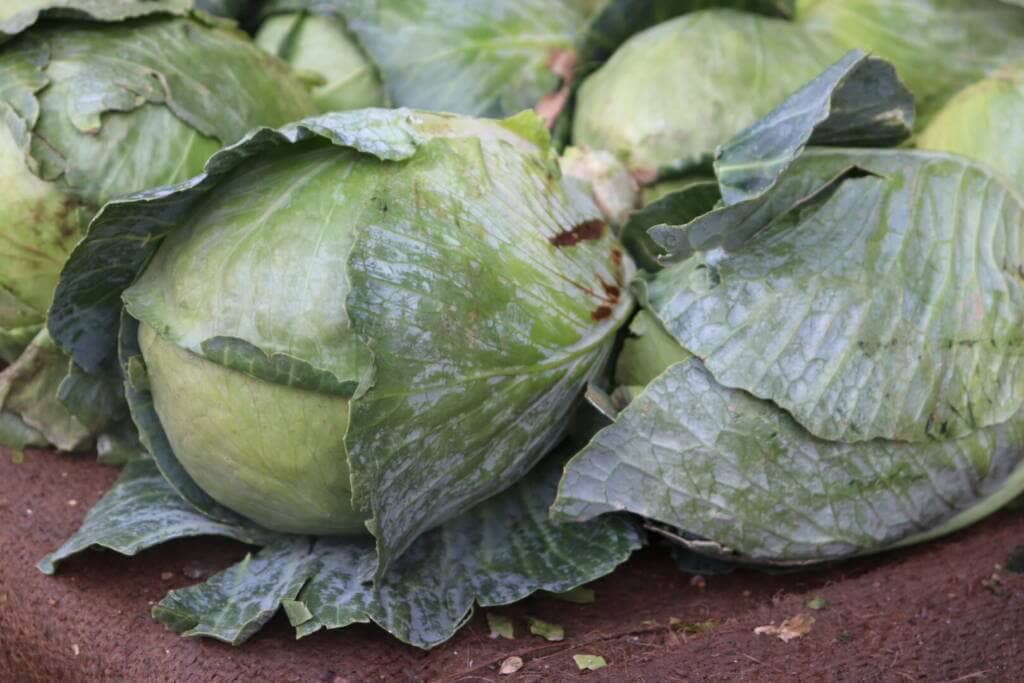Highlights
A pooled analysis of multiple clinical studies with over 500,000 adults has reported a positive association of increased carotenoid dietary intake or increased concentrations of plasma carotenoid levels and lowered risk of bladder cancer. Hence, eating brightly colored fruits and vegetables like carrots, oranges, broccoli and others (a diet rich in carotenoids) is beneficial and could reduce the risk of bladder cancer : For Cancer, Right Nutrition / Diet Matters.
What are Carotenoids?
It is common knowledge that we need to eat multiple servings of fruits and vegetables a day, in a variety of different colors, to get the different nutrients they contain for good health. Brightly colored foods contain carotenoids, that are a diverse group of natural pigments present in red, yellow or orange fruits and vegetables. Carrots are rich in alpha and beta carotene; oranges and tangerines have beta-cryptoxanthin, tomatoes are rich in lycopene while broccoli and spinach are a source for lutein and zeaxanthin, all of which are carotenoids. Preclinical experimental data has provided evidence for beneficial anticancer effects of carotenoids on cancer cell proliferation and growth, antioxidant properties that help in scavenging of DNA damaging free radicals and therefore can be anti-mutagenic.

Foods to Eat After Cancer Diagnosis!
No two cancers are the same. Go beyond the common nutrition guidelines for everyone and make personalized decisions about food and supplements with confidence.
Carotenoids and Bladder Cancer Risk
There was confounding evidence from different clinical studies on the association of carotenoid (found in fruits and vegetables) intake or carotenoid levels in the plasma with association of risk of cancers, especially bladder cancer. A pooled meta-analysis of many such observational clinical studies examining the association of carotenoids with risk of bladder cancer in men and women, was done by researchers at University of Texas Health Center in San Antonio has found an a positive impact of carotenoid intake and lowered risk of bladder cancer. (Wu S. et al, Adv. Nutr., 2019)
The meta-analysis was done on 22 shortlisted studies with 516,740 adults. There were studies on dietary carotenoid intake or circulating carotenoids or supplementation of beta carotene that were all pooled as part of the 22 studies, for this meta-analysis. Many of these studies were done in the US and Europe. The strengths of this analysis was that all studies done on this subject until April 2019 were exhaustively analyzed and the researchers were able to do sub-group analysis due to the very large number of individuals that were part of the pooled analysis. The key issues with such an analysis are that these were observational and not interventional studies and there may be heterogeneity amongst the studies due to methodological differences including different range of exposures.
Summary of the key results of the meta-analysis are:
- Risk of bladder cancer decreased by 42% for every 1 mg increase in daily dietary beta-cryptoxanthin intake, that is high in oranges and tangerines, that are also a good source of Vitamin C.
- Risk of bladder cancer decreased by 76% for every 1 micromole increase in circulating concentration of alpha-carotene; and decreased by 27% for every 1 micromole increase in beta carotene. Carrots are a good source of alpha and beta carotene.
- Risk of bladder cancer decreased by 56% for every 1 micromole increase in circulating concentrations of lutein and zeaxanthin. Broccoli, spinach, kale, asparagus are some of the dietary sources for lutein and zeaxanthin.
- Dietary total carotenoid intake was associated with a 15% reduced risk of bladder cancer.
- Possibly as a natural remedy, carotenoid may be included to food sources in the diet for bladder cancer prevention.
Conclusion
In summary, the meta-analysis indicates that eating the colored vegetables, a diet rich in carotenoids, helps with reducing risk of bladder cancer – a potential natural remedy. Findings from these observational studies on carotenoids and bladder cancer risk need to be confirmed in large prospective clinical trials to assess the true cancer preventative role of carotenoid supplementation, but eating a healthy dose of fruits and vegetables as part of healthy diet / nutrition is anyways good for our overall health and well-being.
What food you eat and which supplements you take is a decision you make. Your decision should include consideration of the cancer gene mutations, which cancer, ongoing treatments and supplements, any allergies, lifestyle information, weight, height and habits.
The nutrition planning for cancer from addon is not based on internet searches. It automates the decision making for you based on molecular science implemented by our scientists and software engineers. Irrespective of whether you care to understand the underlying biochemical molecular pathways or not - for nutrition planning for cancer that understanding is needed.
Get started NOW with your nutrition planning by answering questions on the name of cancer, genetic mutations, ongoing treatments and supplements, any allergies, habits, lifestyle, age group and gender.

Personalized Nutrition for Cancer!
Cancer changes with time. Customize and modify your nutrition based on cancer indication, treatments, lifestyle, food preferences, allergies and other factors.
Cancer patients often have to deal with different chemotherapy side effects which affect their quality of life and look out for alternative therapies for cancer. Taking the right nutrition and supplements based on scientific considerations (avoiding guesswork and random selection) is the best natural remedy for cancer and treatment related side-effects.
